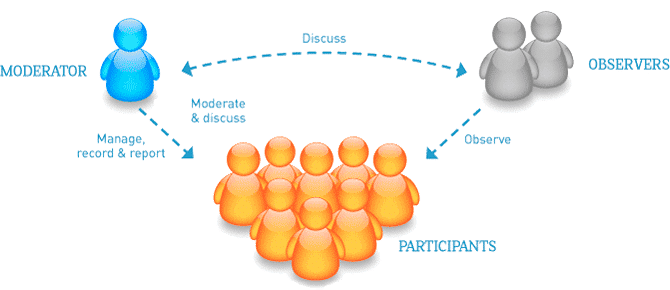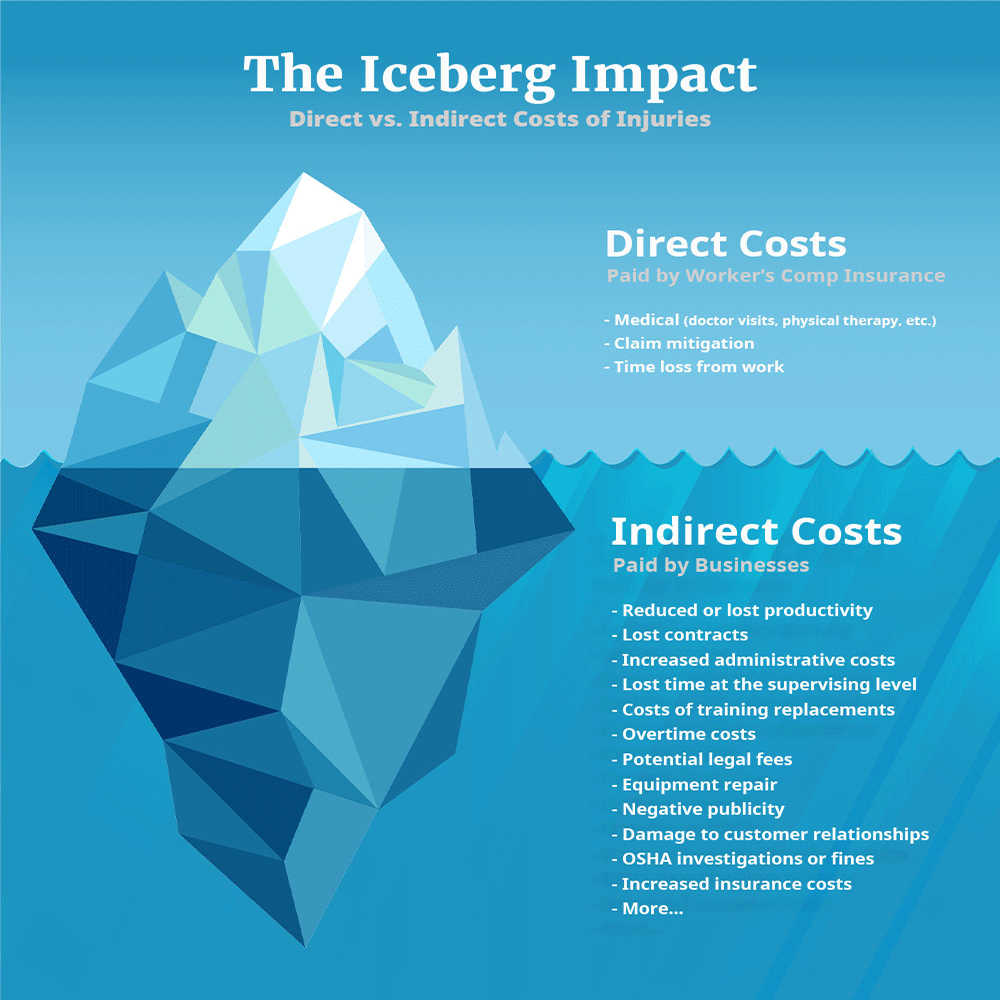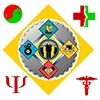
The Integrated Safety Culture Analysis Focus Group Protocol.
Focus Group
 When it comes to gathering valuable insights, businesses and organizations often turn to focus groups. Transformational Safety utilizes these specialized research techniques in order to provide a unique opportunity to delve deeper into the minds of target audiences. By combining the benefits of the globally recognized Transformational Safety Culture Survey and focus groups, organizations can gain a comprehensive understanding of the safety culture functioning within their operations, and make more informed decisions. Here are some of the key advantages of ensuring your safety culture assessment also included focus group technologies within its design.
When it comes to gathering valuable insights, businesses and organizations often turn to focus groups. Transformational Safety utilizes these specialized research techniques in order to provide a unique opportunity to delve deeper into the minds of target audiences. By combining the benefits of the globally recognized Transformational Safety Culture Survey and focus groups, organizations can gain a comprehensive understanding of the safety culture functioning within their operations, and make more informed decisions. Here are some of the key advantages of ensuring your safety culture assessment also included focus group technologies within its design.
-
Enhanced Understanding: Survey focus groups enable businesses to gain a more comprehensive understanding of their target audience. By conducting surveys alongside focused discussions, companies can collect quantitative data through surveys while also capturing qualitative insights through open-ended discussions. This combination allows for a deeper understanding of participants’ thoughts, opinions, and emotions, providing a more holistic view of their needs, preferences, and behaviors.
- Real-Time Feedback: One of the key advantages of survey focus groups is the ability to gather real-time feedback. Participants can respond to survey questions and engage in live discussions, allowing businesses to capture immediate reactions and opinions. This real-time feedback is invaluable, as it provides businesses with timely insights that can inform decision-making processes, product development, or marketing strategies more effectively.
- Rich and Diverse Perspectives: Survey focus groups bring together individuals from diverse backgrounds, experiences, and perspectives. This diversity adds richness to the data collected, allowing businesses to uncover insights that they may not have discovered through traditional surveys alone. By gathering a variety of viewpoints, businesses can gain a more comprehensive understanding of their target audience’s needs, preferences, and pain points, leading to more tailored and effective strategies.
- Interactive and Engaging: Unlike traditional surveys that rely solely on written responses, survey focus groups offer an interactive and engaging platform for participants to express their thoughts. Through live discussions and group dynamics, participants can build upon each other’s responses, explore ideas in-depth, and provide clarifications. This interactive nature encourages a more open and collaborative environment, fostering a deeper level of engagement and generating valuable insights.
- Flexibility and Adaptability: Survey focus groups provide flexibility in terms of the research design and methodology. Businesses can customize the surveys and discussion topics to align with their specific objectives. This adaptability allows companies to tailor the research process to their unique needs, ensuring that the insights gathered are directly relevant to their decision-making processes.
-
In-Depth Exploration of Topics: The combination of surveys and focus groups allows for in-depth exploration of specific topics or issues. While surveys provide a broad overview, focus groups dive deeper into the nuances and complexities of the subject matter. This comprehensive approach helps businesses uncover underlying motivations, attitudes, and perceptions, leading to a more profound understanding of their target audience and enabling them to make more strategic decisions.
The main purpose of the Transformational Safety® focus group is to draw upon participant’s attitudes, feelings, beliefs, experiences and reactions in a way in which would not be feasible using other methods, for example observation, one-to-one interviewing, etc. These attitudes, feelings and beliefs may be partially independent of a group or its social setting, but are more likely to be revealed via the social gathering and the interaction which being in a focus group entails.
Compared to individual interviews, which aim to obtain individual attitudes, beliefs and feelings, focus groups elicit a multiplicity of views and emotional processes within a group context. The individual interview is easier to control than a focus group in which participants may take the initiative. Compared to observation, a focus group enables the gaining of a larger amount of information in a shorter period of time. Observational methods tend to depend on waiting for things to happen. In the focus group we describe scenarios and encourage comment and belief about those scenarios.
Another key objective of the Transformational Safety® focus group protocol is to delve below the surface of the iceberg.

Click Here to take a look at The Expert Markets take on both the pros and cons of focus groups. BTW it remains the view of Transformational Safety that optimal design incorporates both mass survey data collection in addition to focus group integration. To do either one, without the other, risks a result that is not consistent with the invesment undertaken.
Click Here to review the history of the Transformational Safety Integrated Safety Culture Analysis.

Richard, Blackwater
![]()
“David Broadbent conducted safety focus groups on our mine site over several days. In the past management tried to do these things ‘in house’ and nobody talked. This was not the case with David. You could tell from the get-go this was a guy who takes safety seriously. At one stage he asked a question and somebody at the back of the room gave a canned answer. I was surprised when David responded with a good old aussie swear word – and said he didn’t believe it. From that moment we knew he was serious and you couldn’t shut the room up. It’s not about the focus group – I have seen them fail before. It’s about the bloke out the front – great job David. Come back anytime.”


